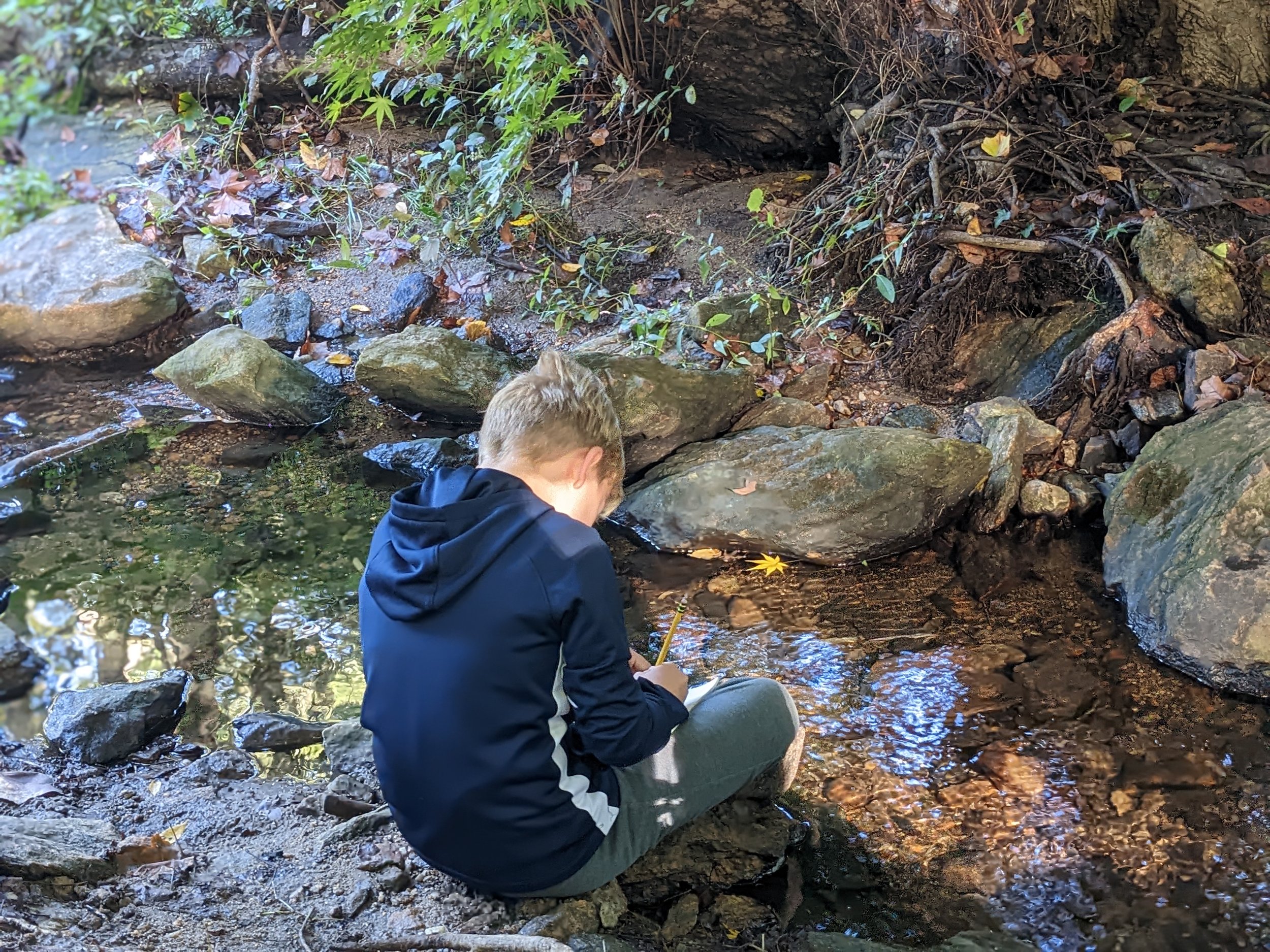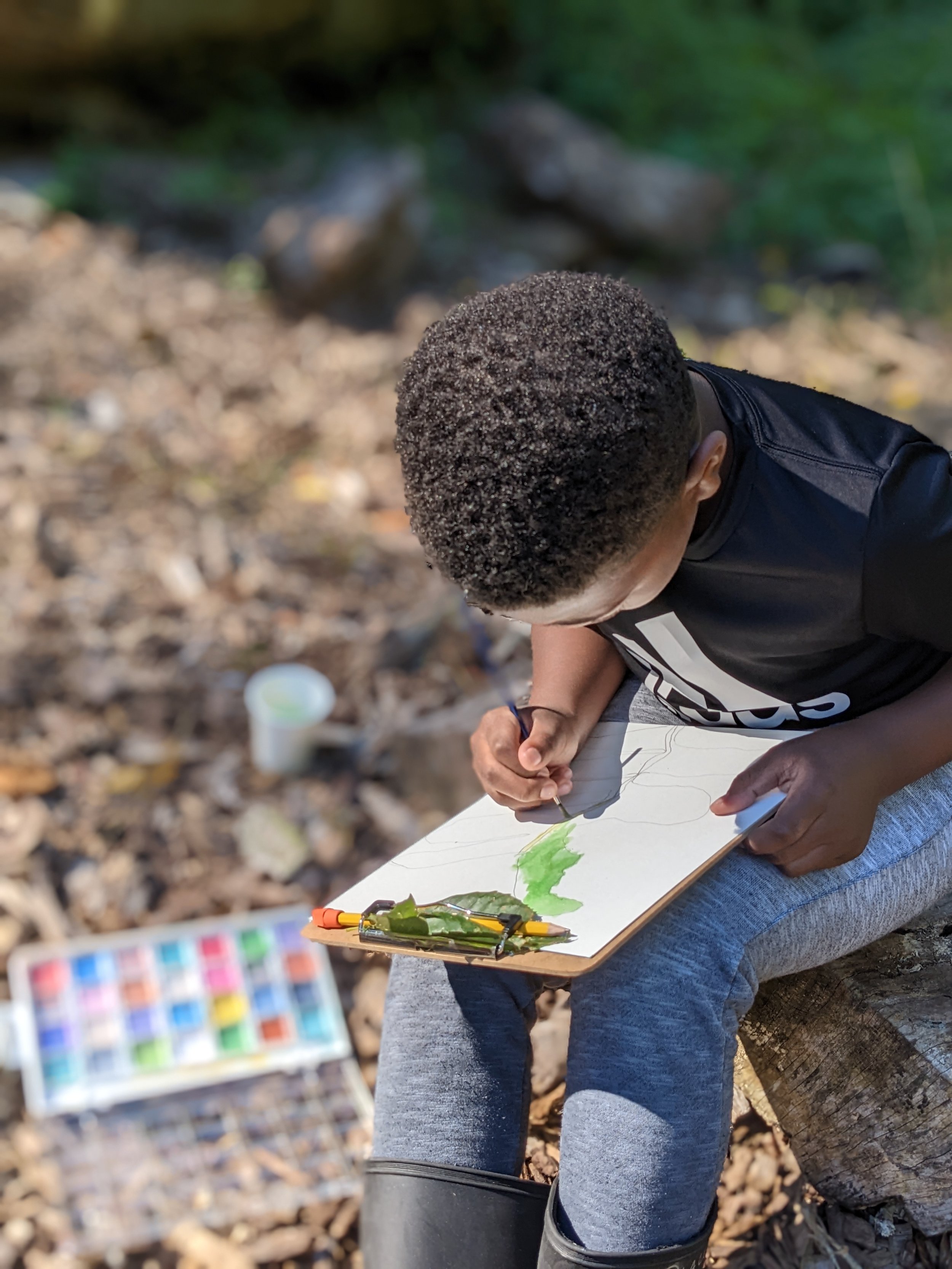Faith and Reason: Partners in Pursuit of a Rich Life
By: Scott Buresh, Founder & Former 8th Grade Teacher
Part 2: Foundational Stones of Cambridge
In the early years of Cambridge, we were captured by C.S. Lewis’s confidence that our ability to know and trust God was not at the mercy of wishful thinking of how we hoped the world could be. God was not asking us to put “blind” confidence in ideas and concepts that we found difficult to reconcile with the world as we had come to know it. Rather, we heard an invitation from God, through the prophet Isaiah, to “Come let us reason together.”
Josef Pieper describes the virtue of faith as trust in the person and words of a God whom we have come to know through personal experience. Our confidence in anyone or anything is strengthened or weakened through our embodied experience of that person or object. Biblical faith, therefore, is confidence in a person whom we have come to know through experience. Dallas Willard would say that forcing ourselves to “believe” something or someone who we have not found to be reliable is detrimental to authentic faith.
“Biblical faith, therefore, is confidence in a person whom we have come to know through experience.”
Consequently, our God-given ability to reason, to consider, to ponder, is a gift God has given us to know Him experientially through interacting with Him. Rather than faith and reason being opposed to each other, as some have argued, they are inextricably linked. Confidence in someone we have found to be reliable and trustworthy is wonderfully reasonable.
So how are we to foster faith–in ourselves and in our students? How can reason be a gift in helping us cultivate faith? Dallas Willard suggested a three-step process by which we can come to know and rely on anything or anyone with whom we seek to interact, whether it is learning about riding bicycles, exploring the solar system, or coming to reliably interact with God Himself.
We seek out experts on the subject we desire to comprehend. It is reasonable to ask whether particular persons, authors, or sources have the experience and expertise to know what they are talking about on a given subject.
We consider (reason) if what they have to say about the topic aligns with what we already know to be true and reasonable. We cannot successfully put our trust in something that doesn’t make sense to us.
We need to put what is being considered to the test with our own experience. For example, I can read about riding a bike and watch others ride bikes, but I won’t truly have confidence in a bicycle until I ride one myself.
The Master Teacher, Jesus, encouraged His disciples to consider His words by putting them into practice. Jesus said they would know (trust, have confidence in) the truth (the reliability) of His words when they put them into practice. He knew from experience that the wisdom He offered for living a rich life would authenticate itself when they tried it out for themselves. Jesus modeled for us the beautiful complementarity of faith rooted in reasonableness and reason, which leads to faith-filled engagement with the world.
“Then Jesus turned to the Jews who had claimed to believe in him. ‘If you stick with this, living out what I tell you, you are my disciples for sure. Then you will experience for yourselves the truth, and the truth will free you.’”




